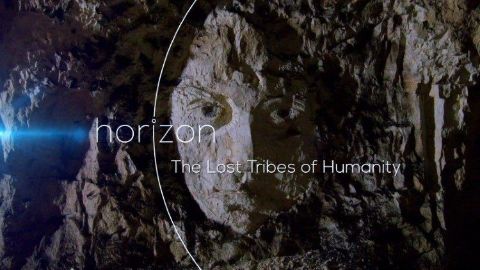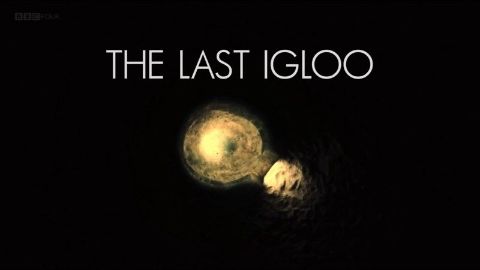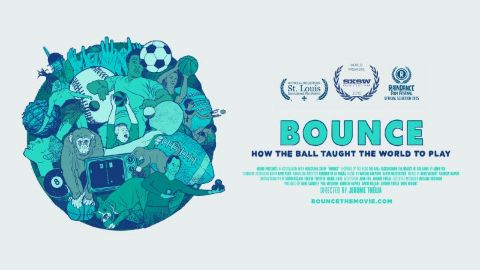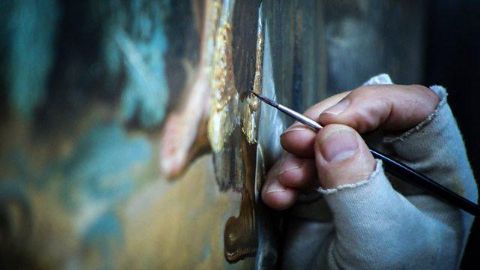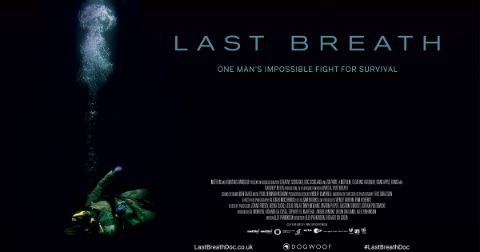Notes on Blindness • 2017
A moving and inspiring account of loss, rebirth and renewal - and the discovery of 'a world beyond sight'. In 1983, after decades of steady deterioration, John Hull, a professor at the University of Birmingham, became totally blind. To help him make sense of the upheaval in his life, he began documenting his experiences on audio cassette. Over three years he recorded over sixteen hours of material. This beautifully crafted documentary takes John's original recordings as the template for the film, incorporating lip-syncing by actors in evocative reconstructions. The technique allows the viewer to immerse themselves in John's world as he comes to terms with his deteriorating sight, and learns to experience the world in different ways. As John explains about his redemptive journey: 'I knew that if I didn't understand blindness, it would destroy me.'
Make a donation
Buy a brother a hot coffee? Or a cold beer?
Hope you're finding these documentaries fascinating and eye-opening. It's just me, working hard behind the scenes to bring you this enriching content.
Running and maintaining a website like this takes time and resources. That's why I'm reaching out to you. If you appreciate what I do and would like to support my efforts, would you consider "buying me a coffee"?
Donation addresses
BTC: bc1q8ldskxh4x9qnddhcrgcun8rtvddeldm2a07r2v
ETH: 0x5CCAAA1afc5c5D814129d99277dDb5A979672116
With your donation through , you can show your appreciation and help me keep this project going. Every contribution, no matter how small, makes a significant impact. It goes directly towards covering server costs.

